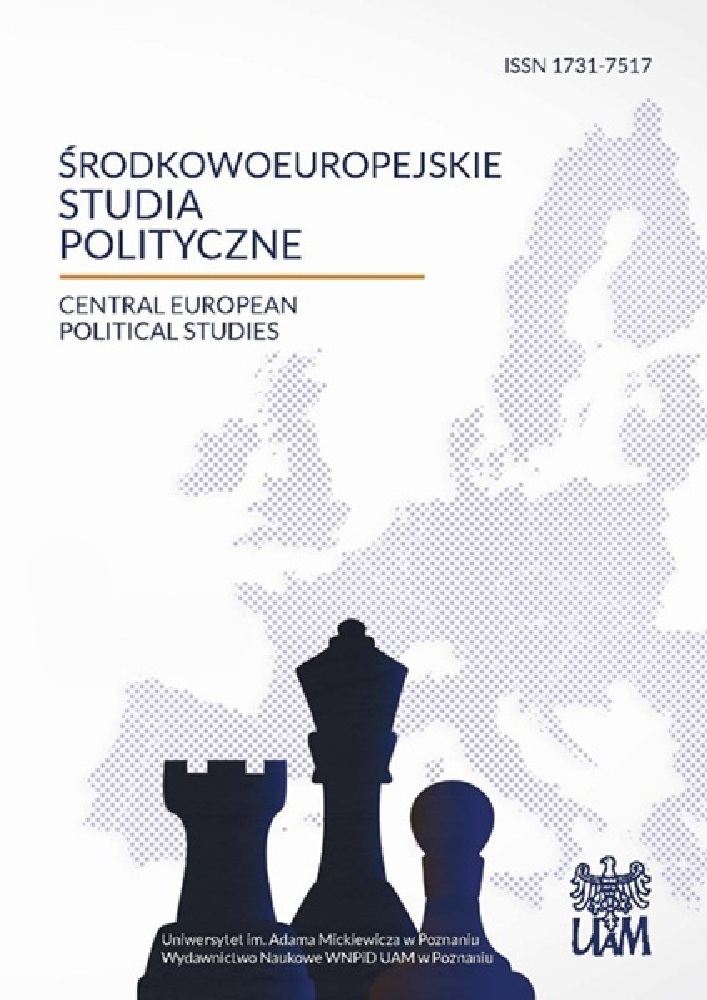Abstrakt
The recent years of the Trotskyite movement have seen the intensification of two tendencies. The first one involves a new perception of the radical social demands made by the Trotskyite candidates in local, parliamentary and presidential elections. The other one involves the functional incorporation of a broad range of youth and alternative issues into the Trotskyite movement. Similar elements are also present in the program of the Ukrainian Union ‘Struggle’, established in 1999. The ‘Struggle’ shares the opinions on the Bolshevik Revolution of 1917 and the reasons for its failure with all other Trotskyite organizations. It has also developed quite a detailed approach to the issue of Ukrainian independence and the Orange Revolution. In the opinion of Ukrainian Trotskyists V. Yushchenko and V. Yanukovych represented the clans of oligarchs, who had the single aim of destroying the Ukrainian economy by privatizing national property and stealing what the former government did not manage to take away from the nation. The choice was not between Europe and Russia but between American capital waving a European flag and American capital waving a Russian flag. The ‘Struggle’ assumes though that the Orange Revolution has brought advantages as well: the judiciary is trusted, the nation no longer dreads corrupted bureaucracy and political processes raise social interest. It is doubtful that the nearest future will bring any significant changes in the influence of the Trotskyite movement. It is possible, however, that it will manage to contribute new elements to the growing anti-globalist movement. In terms of the Ukrainian future it may be justifiably assumed that society will become ‘disappointed’ with the new government. Then, radical groups with clear views, such as Trotskyists, are likely to participate in the government.
Licencja
Copyright
© 2005, Uniwersytet im. Adama Mickiewicza w Poznaniu, Wydawnictwo Naukowe Instytutu Nauk Politycznych i Dziennikarstwa
OPEN ACCESS
